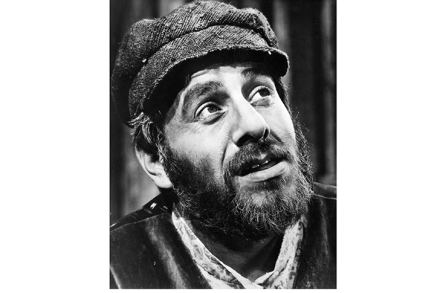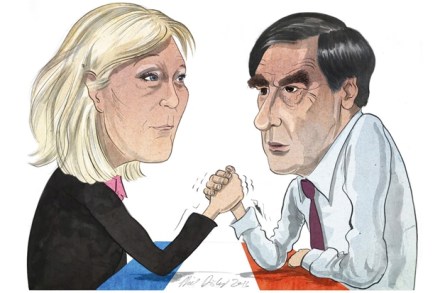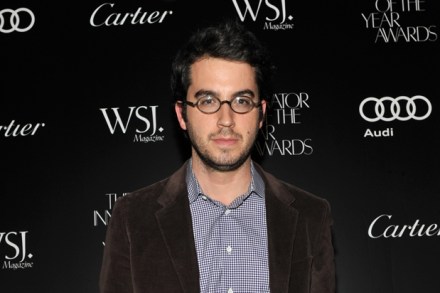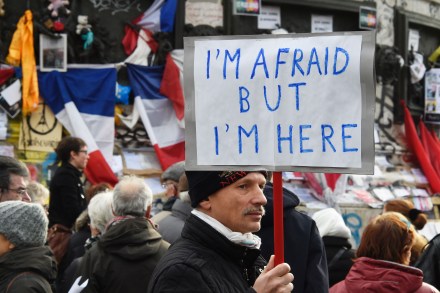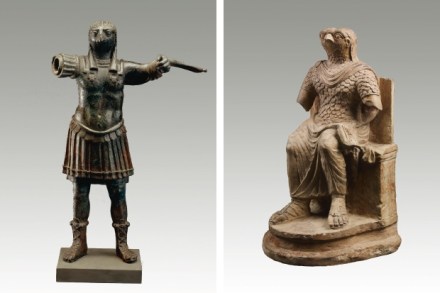When will the Six-Day War finally end?
This week, Israel is marking the 50th anniversary of its improbable victory over Arab assassins. Egypt’s Gamal Abdel Nasser saw annihilation of the Jewish state as a uniting mission for his project of pan-Arab nationalism and had declared: ‘Our path to Palestine will be covered with blood.’ In June 1967, he enlisted Syria and Jordan in his plans for invasion and few thought Israel, then a meagre strip of land nine miles wide at its narrowest point, could withstand the onslaught. Herzl’s dream in the desert was about to be unwilled. In a stroke of tactical cunning, though at the time it looked to be an act of suicide, Israel




